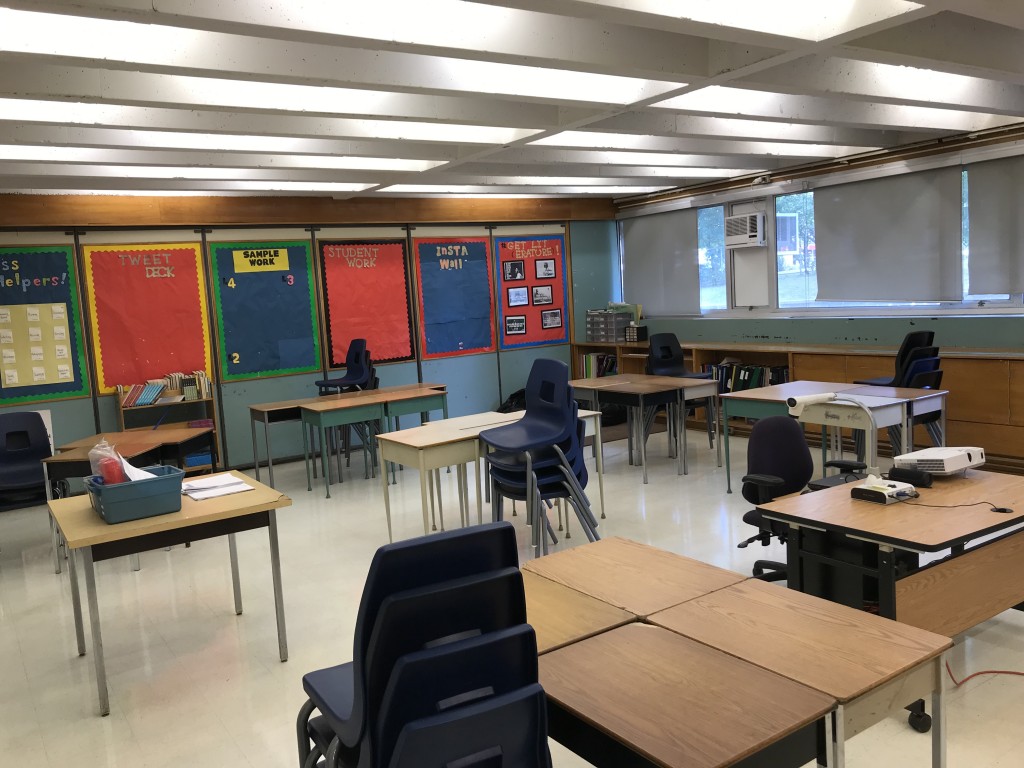Words are important. Terms, even more so. Over the past month, I’ve heard our current state of education referred to by many different monikers – online education, distance learning, remote content delivery. Folks have been quick to point out that what we have transitioned into is not e-Learning. Cool, I won’t call it that, although I am not versed enough to distinguish where exactly the molehill becomes the mountain on that one. What I do know is that we are unfortunately compelled to roll out our own forms of e-Learning. And under these circumstances, we can forget about parading around different tropes that make it sound like we know what we’re doing, because we don’t. What we are experiencing deserves to be named appropriately. It is e-Learning alright, more appropriately – Emergency Education.
The only benefit to this crisis in education created by the coronavirus pandemic is that it allows us all the opportunity to catch up on what we should have done before. The institution of education is not outside of this humbling reality. All of us were running too fast and we see the remnants of it. Ironically, it seems as though we haven’t learned our lesson as of yet. In education, we are still sprinting! While most schools began indefinitely suspending traditional school by announcing a transition to complete virtual learning, they forgot to acknowledge that while many a teacher are familiar with implementing technology into their pedagogy, virtually none have experienced doing so at 100% acumen. Instead of pausing to think deeply about the traditions we want to carry forward and the ones we ought to permanently shelf, we held meetings about the type of content we were going to deliver “Week 1” and worked together to reach mandatory study hours for kids. I am guilty of it, I know that for sure. Maybe if we correctly phrased this type of teaching and learning for what it really is, we wouldn’t have been so quick to act like we had everything under control. Maybe if we did call it Emergency Education from the jump, we would have treated week 1 of “remote learning” like an actual first week of school in the fall; making connections, establishing routines, connecting with families in a way simply to get to know them and the circumstances of things. Instead, we acted like there was no emergency and the transition would come with bumps and bruises but all in all, we’d figure it out. We can figure it out, but first we have to humble ourselves. All of us.
The thing about any systemic emergency is that it will inevitably reveal the inadequacies of that system. Unfortunately, we see that all the time – 9/11, Columbine, Donald Trump. But what is darker than that is that only survivors can consolidate their understanding. In this situation, there is something to be said about the folks who don’t “survive” this. I understand the sensitivity of such words and I am solely referring to people who will not be able to recover metaphysically. More specifically, I am referring to students that are even more burdened by this transition to a new way of supposed learning. Sensitivity to words is important. Attempting to educate children in a real state of emergency and calling it anything other than Emergency Education only amplifies the haste that our privilege as educators affords us.
[share title=”Share this Post” facebook=”true” twitter=”true” google_plus=”true”]

